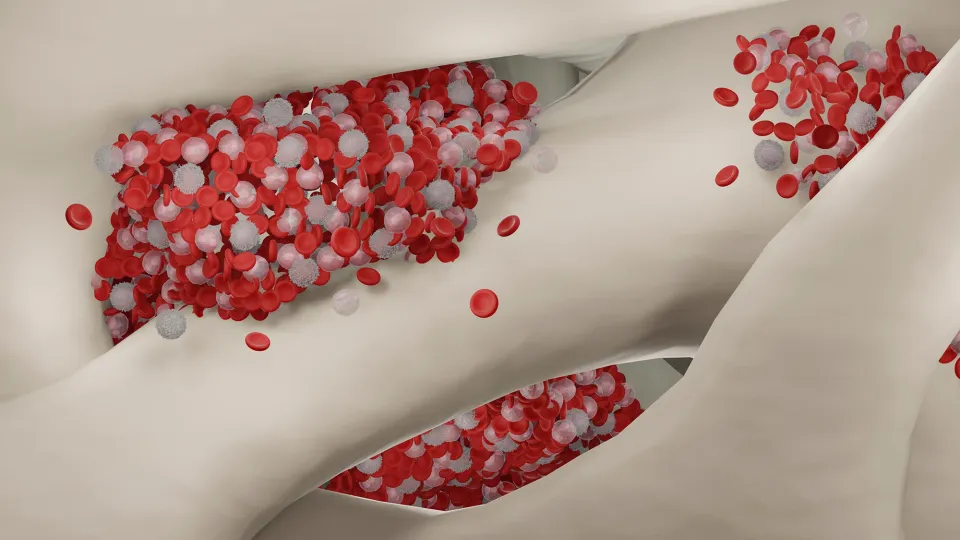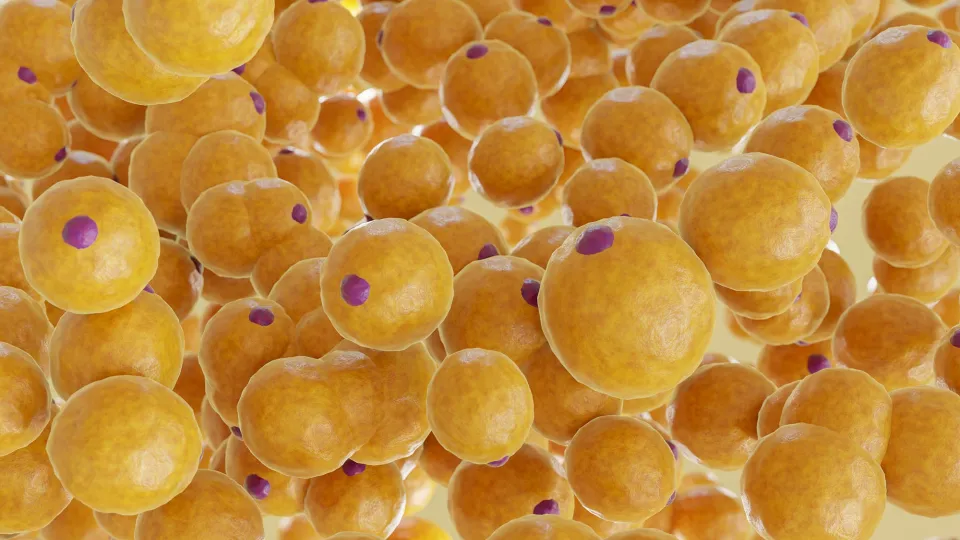News Brief
Need for Better Access to Lung Cancer Therapy
December 5, 2023
Following surgery for non-small cell lung cancer, patients may be offered additional, or adjuvant, therapies such as chemotherapy, targeted therapy, or immunotherapy that could extend their lives. However, many eligible patients with lung cancer don’t receive adjuvant therapy.
Brendon Stiles, M.D., and colleagues investigated whether underutilization of adjuvant therapy is associated with socioeconomic disparities. They studied 37,571 patients with non-small cell lung cancer included in the National Cancer Database between 2010 and 2018; the database included patient data including sex, race, type of insurance, education level, income level, and zip code. Only 54.9% of eligible patients were found to have received adjuvant therapy following lung-cancer surgery. Statistical analysis revealed that those less likely to receive adjuvant therapy were patients with low socioeconomic status, racial minorities, and people who were uninsured or publicly insured. Geographic variations in the delivery of adjuvant therapy to eligible patients were also identified. The findings emphasize the need to make adjuvant therapy simply available to all sectors of the population of the United States. The study published online on November 11 in the European Journal of Cardio-Thoracic Surgery.
Dr. Stiles is professor of cardiothoracic & vascular surgery, of oncology, of medicine, and is associate director of surgical oncology at the National Cancer Institute-designated Montefiore Einstein Comprehensive Cancer Center.



